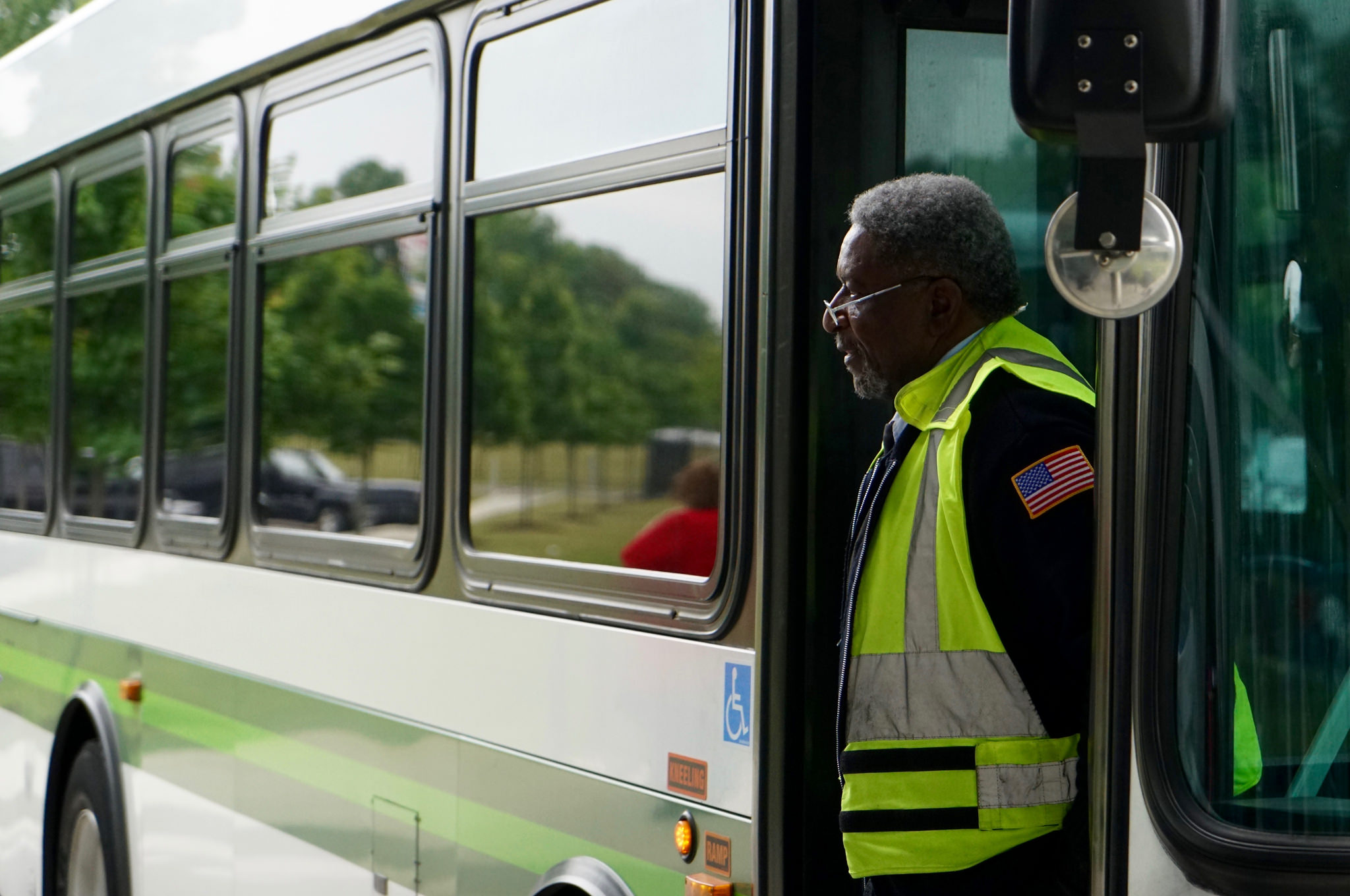Social Security Eliminates Overpayment Burden for Social Security Beneficiaries – Automatic Overpayment Recovery Rate Reduced to 10 Percent
March 29, 2024
By Jeffrey Buckner, Acting Deputy Commissioner for Communications
Reading Time: 3 Minutes; Last Updated: March 29, 2024
Social Security announced it will decrease the default overpayment withholding rate for Social Security beneficiaries to ten percent (or $10, whichever is greater) from 100 percent, significantly reducing financial hardship on people with overpayments.“Social Security is taking a critically important step towards our goal of ensuring our overpayment policies are fair, equitable, and do not unduly harm anyone,” said Martin O’Malley, Commissioner of Social Security. “It’s unconscionable that someone would find themselves facing homelessness or unable to pay bills, because Social Security withheld their entire payment for recovery of an overpayment.”
The agency works to pay the right people the right amounts at the right time, and Social Security issues correct payments in most cases. However, there is room to improve, as people count on the agency to prevent overpayments from happening and make it easier to navigate the recovery and waiver processes when they occur.
When a person has been overpaid, the law requires the agency to seek repayment, which can create financial difficulties for beneficiaries. As of March 25, 2024, the agency will collect ten percent (or $10, whichever is greater) of the total monthly Social Security benefit to recover an overpayment, rather than collecting 100 percent as was previous procedure. There will be limited exceptions to this change, such as when an overpayment resulted from fraud.
There will be a short transition period where people will continue to experience the older policy. People placed in 100 percent withholding during this transition period should call Social Security’s National 800 Number at 1-800-772-1213 to lower their withholding rate.
The change applies to new overpayments. If beneficiaries already have an overpayment with a withholding rate greater than ten percent and would like a lower recovery rate, they too should call Social Security at 1-800-772-1213 or their local Social Security office to speak with a representative. If a beneficiary requests a rate lower than ten percent, a representative will approve the request if it allows recovery of the overpayment within 60 months – a recent increase to improve how the agency serves its customers from the previous policy of only 36 months. If the beneficiary’s proposed rate would extend recovery of the overpayment beyond 60 months, the Social Security representative will gather income, resource, and expense information from the beneficiary to make a determination.
Social Security launched a comprehensive review in October 2023 of agency overpayment policies and procedures to address payment accuracy systematically. Learn about Overpayments and Our Process and read our Press Release. This procedure change is a direct result of the ongoing review. This change and the adjustment to 60-month repayment are part of four recently announced key updates to address improper payments. The agency also is working to reduce wage-related improper payments by establishing information exchanges with payroll data providers that will significantly reduce the number of improper payments, once implemented. The agency will continue examining programmatic policy and making regulatory and sub-regulatory changes to improve the overpayment process.
Additionally, people have the right to appeal the overpayment decision or the amount. They can ask Social Security to waive collection of the overpayment, if they believe it was not their fault and can’t afford to pay it back. The agency does not pursue recoveries while an initial appeal or waiver is pending. Even if people do not want to appeal or request a waiver, they should contact the agency if the planned withholding would cause hardship. Social Security has flexible repayment options, including repayment of as low as $10 per month. Each person’s situation is unique, and the agency handles overpayments on a case-by-case basis.






